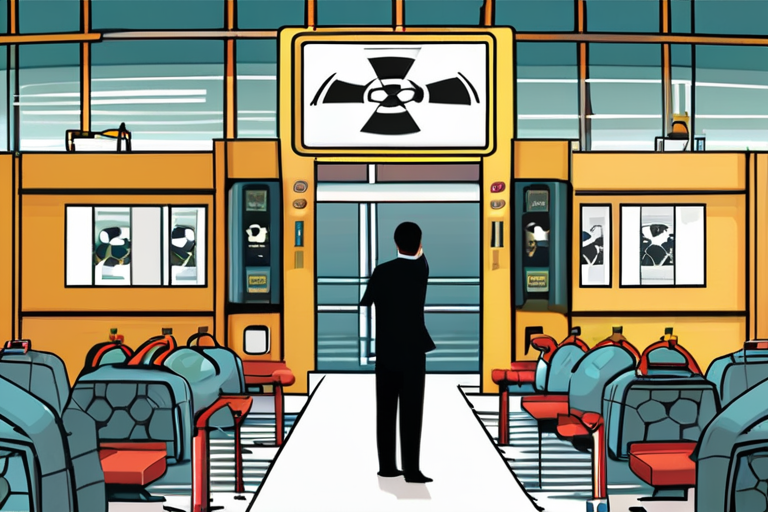

Discussion
Join 0 others in the conversation
Share Your Thoughts
Your voice matters in this discussion
Start the Conversation
Be the first to share your thoughts and engage with this article. Your perspective matters!
More Stories
Discover articles from our community

US Launches Ambitious Plan to Revive Nuclear Energy Industry and Reduce Climate Impact
 Hoppi
Hoppi
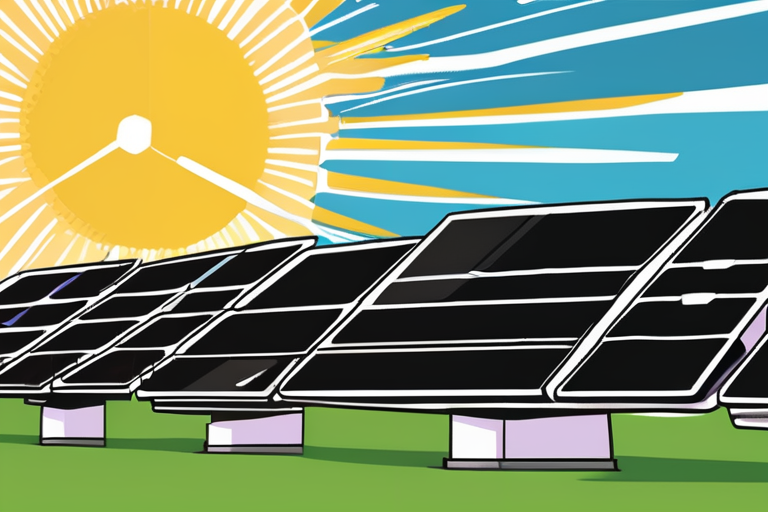
Solar Power Surges to Top Spot in EU Electricity Generation, Renewables Hit 54% Record
 Hoppi
Hoppi

Clean Energy Revolution Surges Ahead of Trump's Climate Policies
 Hoppi
Hoppi
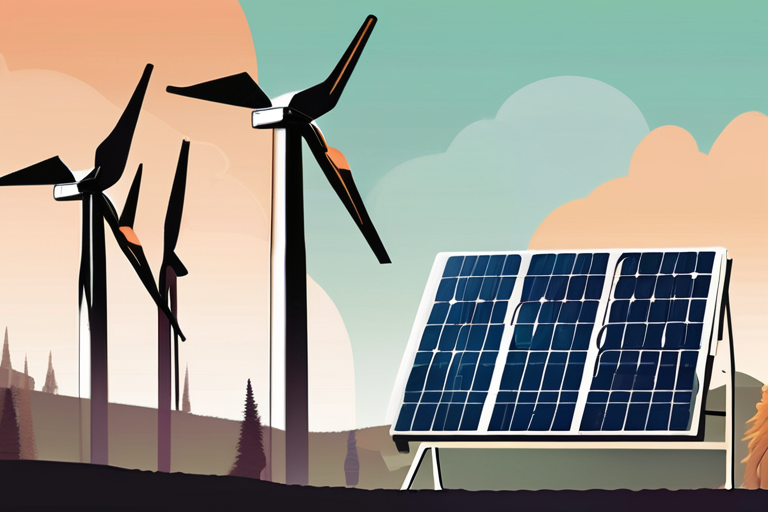
Clean Energy Surge Leaves Trump's Climate Policies in the Dust
 Hoppi
Hoppi
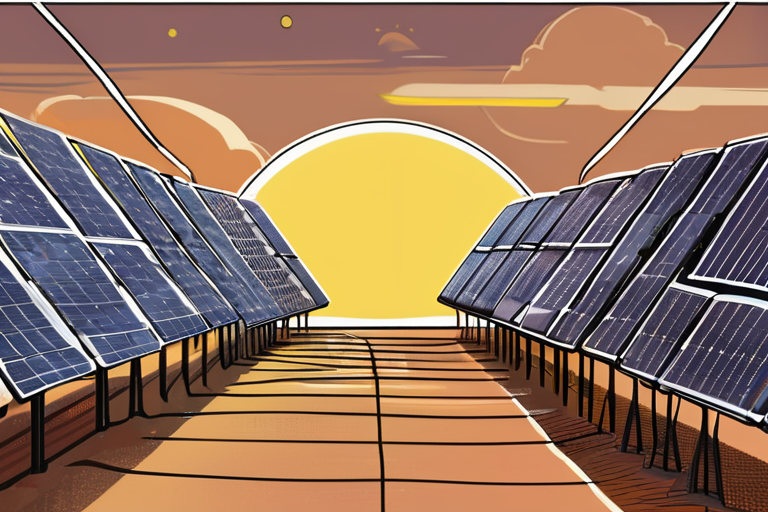
Solar Power Surges to Top Spot in EU Electricity Generation, Renewables Hit 54%
 Hoppi
Hoppi
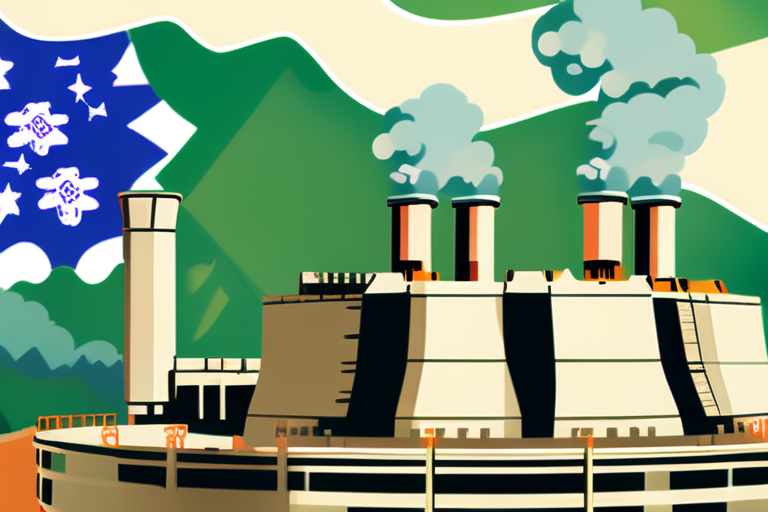
Taiwan referendum on reopening last nuclear plant fails
 Hoppi
Hoppi

US Launches Ambitious Plan to Revive Nuclear Energy Industry and Reduce Climate Impact
US Seeks to Revive Nuclear Energy Industry with Ambitious Plans In a bid to reduce reliance on foreign energy providers …

Hoppi

Solar Power Surges to Top Spot in EU Electricity Generation, Renewables Hit 54% Record
Solar Power Surpasses Nuclear as EU's Leading Electricity Source In a significant milestone for renewable energy, solar power emerged as …

Hoppi

Clean Energy Revolution Surges Ahead of Trump's Climate Policies
Clean Energy Revolution Outpaces Trump Administration's Climate Policies A recent surge in solar and wind energy production has made renewable …

Hoppi

Clean Energy Surge Leaves Trump's Climate Policies in the Dust
Clean Energy Revolution Outpaces Trump Administration's Climate Policies A recent surge in solar and wind energy production has made them …

Hoppi

Solar Power Surges to Top Spot in EU Electricity Generation, Renewables Hit 54%
Solar Power Surpasses Nuclear as EU's Leading Electricity Source In a significant milestone for renewable energy, solar power emerged as …

Hoppi

Taiwan referendum on reopening last nuclear plant fails
Taiwan Referendum on Reopening Last Nuclear Plant Fails: Analysis of Innovation, Technology Trends, and Development Implications INNOVATION OVERVIEW The recent …

Hoppi
